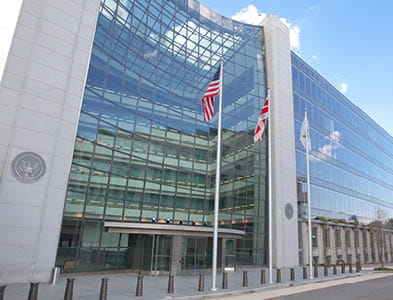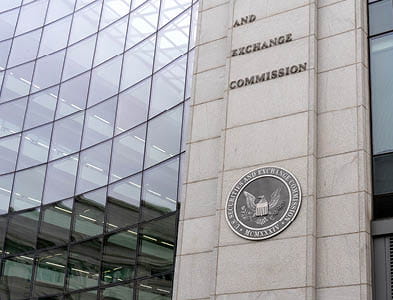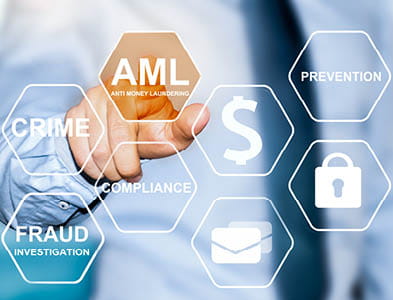SEC Chair Gary Gensler Shares Staff Projects Relating to Crypto
SEC Chair Gary Gensler Shares Staff Projects Relating to Crypto
In early April, U.S. Securities and Exchange Commission (SEC) Chair Gary Gensler delivered remarks at the Penn Law Capital Markets Association Annual Conference discussing crypto markets.1 He gave insight into the projects his staff is working on as they related to crypto trading platforms, stablecoins, and crypto tokens.
Platforms
Cryptocurrency platforms collectively trade more than $100 billion in assets a day, and the trading is highly centralized — the top five platforms handle 99% of all trading, and the top two handle 80%. During his statement, Gensler shared platform-related projects he has his staff working on:
- Register/regulate crypto platforms
- Consider how to best register/regulate crypto platforms where the trading of securities and non-securities is intertwined. Platforms currently list commodity tokens and security tokens, including tokens that are investment contractors and/or notes.
- Work with the Commodity Futures Trading Commission (CFTC) on how to jointly address such platforms.
- Consider how to register/regulate crypto platforms to ensure the protection of customers’ assets. Centralized crypto trading platforms typically take custody of customer assets, presenting a risk for theft.
- Consider whether market-making functions should be segregated out. In contrast to traditional securities exchanges, some crypto platforms may trade as principals on their own platform.
Stablecoins
Stablecoins are a non-volatile form of cryptocurrency that is typically linked to a real-world asset to provide value stability. Gensler sees three policy issues relating to stablecoins, which may compete with bank deposits and money-market funds:
- Financial stability and monetary policy: What specific assets back the stablecoins to guarantee the currency can be converted into its promised value?
- Illicit activity: Since stablecoins are typically used for transactions between other cryptocurrencies, potentially avoiding/deferring an interaction with a fiat banking system, stablecoins could be used to dodge public policy goals (anti-money laundering, sanctions, compliance, etc.)
- Investor Protection: Stablecoins are owned by the platforms they are traded on, and the customers only have a counterparty relationship with that platform. This creates potential conflicts of interest and potentially reduces the market’s integrity.
Tokens
In Gensler’s opinion, most crypto tokens involve the raising of money in expectation of future profits — “the hallmark of an investment contract or a security under our jurisdiction,” he said.
Gensler did not name any specific token, but did say that most crypto tokens are investment contracts, as determined by the Supreme Court’s 1946 “Howey Test.” As such, it is important that crypto tokens that are securities be registered with the SEC to ensure that they operate out of the same market integrity handbook as other securities.
“Crypto may offer new ways for entrepreneurs to raise capital and for investors to trade, but we still need investor and market protection,” Gensler stated.
- Gensler, Gary. “Prepared Remarks of Gary Gensler On Crypto Markets Penn Law Capital Markets Association Annual Conference,” U.S. Securities and Exchange Commission, April 4, 2022.




